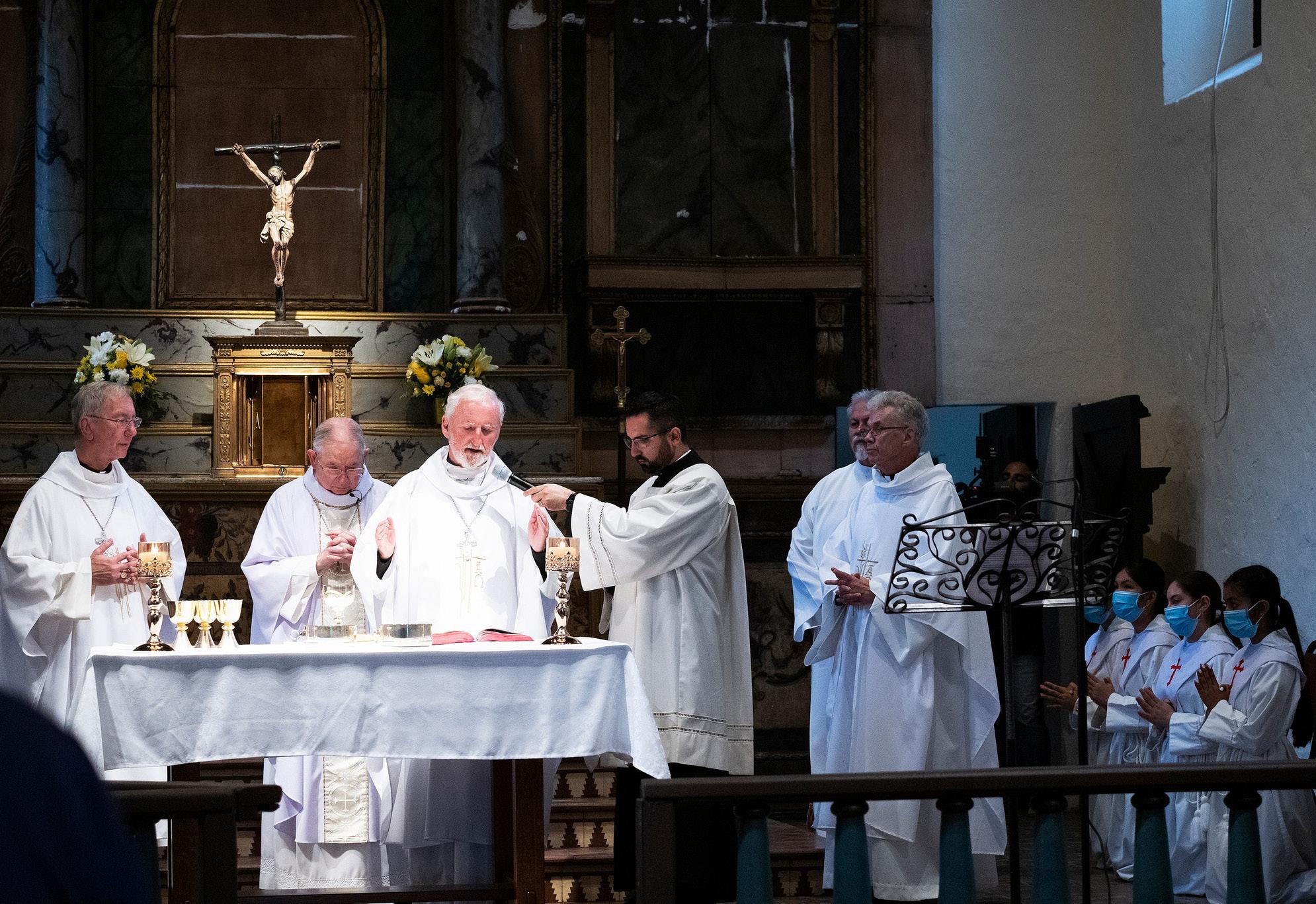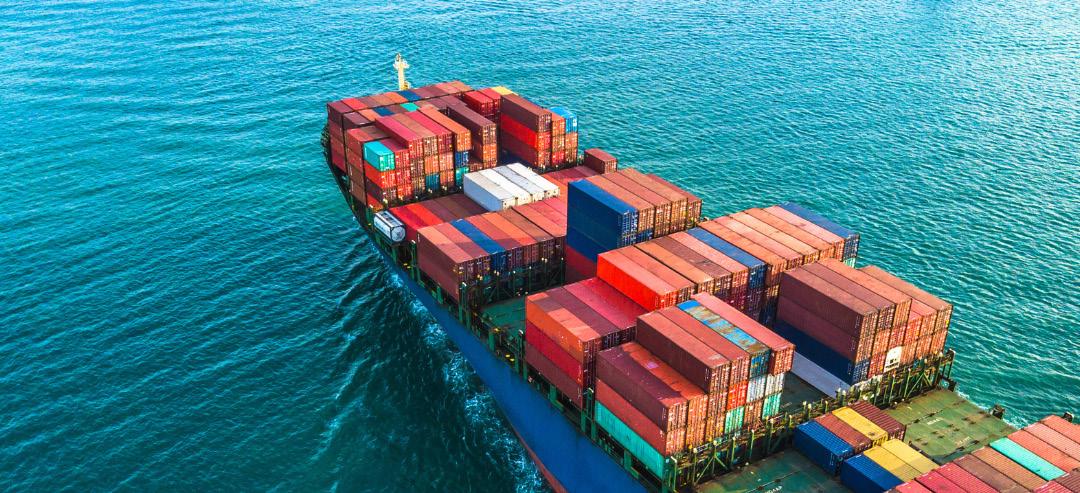
3 minute read
California officials to modestly raise State Water Project allocation
West Covina council to investigate cancellation of indigenous ceremony
By City News Service By City News Service
Advertisement

The West Covina City Council voted to investigate why an Indigenous land acknowledgment and blessing was canceled during the city’s centennial celebration which led to public demands for accountability and answers for the decision at the latest City Council meeting.

During the council meeting Wednesday, West Covina Mayor Rosario Diaz and councilman Tony Wu were under fire for the decision to cancel the part of the city’s centennial celebration that included a land acknowledgment and blessing to be delivered by Jamie Nicole Rocha of the Gabrielino-Shoshone Nation of Southern California. The city manager apologized at the meeting and the council approved an investigation into the decision to cancel the presentation.
More than 30 people attended the City Council meeting in support of Rocha and asked the council members for accountability during public comment. Some asked for an apology. Others called for resignations.
Councilman Brian Tabatabai invited Rocha to participate in the city’s centennial celebration over the weekend. Rocha set up a booth to share the culture and history of the Gabrielino-Shoshone Nation at the celebration on Saturday and was prepared to address those in attendance at 6:30 p.m.
Tabatabai said Rocha’s presentation was approved by City Hall via proper channels, however Diaz and Wu said they were unaware of Rocha’s participation in the ceremony.
Tabatabai shared the presentation Rocha prepared for the celebration.
Water agencies across Southern California will receive an additional supply of water from the state as a result of the storms earlier in the year, the Department of Water Resources announced Wednesday.
The department expects to deliver 35% of requested water supplies this year, up from the 30% that was forecast in January. That will provide an additional 210,000 acre-feet of water to the state through its 29 public water agencies. At the beginning of December, the state projected only being able to deliver 5% of requested supplies.
The DWR cited early gains in the Sierra snowpack for the increased numbers.
Adel Hagekhalil, general manager of the Metropolitan Water District of Southern California, said in a statement that the district appreciates and supports the state’s “cautious approach to ensure the snowmelt reaches our reservoirs before providing a more substantial increase in supplies.”
“We are hopeful that our snowpack continues to grow as the winter season progresses, and that it translates into the runoff we need to have a healthier water supply this year,” Hagekhalil said. “It will provide some welcome relief to the drought that has plagued our state and the cities and commu- nities we serve throughout Southern California.”
Hagekhalil said that with the exception of the upcoming storms this week and next, February will be a mostly dry month and “we don’t know what March will bring.”
“Extremely variable weather -- including drier, hotter periods followed by periods of intense storms -- have become an increasingly challenging reality in managing Southern California’s water resources,” Hagekhalil said. “We must ensure we are protecting the state’s storage reserves while balancing the need to address the impacts of the severe drought over the last three years.”
So far, the state has seen less than a inch of precipitation in February after recordbreaking atmospheric rivers in January.
“We’re hopeful that more storms this week are a sign that the wet weather will return, but there remains a chance that 2023 will be a below- average water year in the northern Sierra,” DWR Director Karla Nemeth said. “Careful planning and the use of advanced forecasting tools will enable the department to balance the needs of our communities, agriculture, and the environment should dry conditions continue this spring and into next year.”
“The city of West Covina acknowledges the Indigenous people as the original caretakers of the lands we now reside on. We Acknowledge that the City of West Covina are located on the traditional, ancestral and unceded territories of the Gabrielino-Shoshone, Tongva and Kizh Nations. We not only recognize the importance of acknowledging our ancestral history of our city, but to also acknowledge that these Indigenous communities still thrive here to this very day. While the history may be painful and violent to recall, it is not only necessary but vital to acknowledge this
See Indigenous ceremony Page 24







